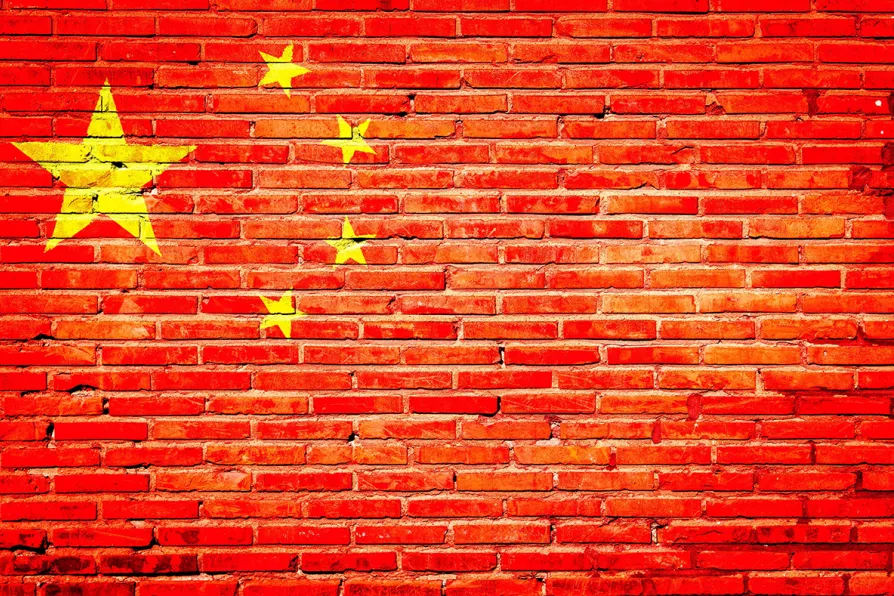Labour prospects in May elections may be irrevocably damaged by Birmingham Council’s costly refusal to settle the year-long dispute, warns STEVE WRIGHT


IN RECENT years there has been a seemingly endless stream of complaints about Chinese imperialism in Africa.
Western journalists and politicians tell us that China has become a new colonial power; that China is attempting to dominate African land and resources; that Africa is becoming entangled in a Beijing-devised debt trap; that Chinese investment in Africa only benefits China.
Establishment politicians enthusiastically embrace the idea of China as a neocolonial power, for the obvious reasons that it diverts attention from their own imperialism and helps promote disunity and mistrust within the global South.

ROGER McKENZIE argues that the BRI represents a choice between treating humans as commodities or as equals — an essential project when, aside from China’s efforts, hundreds of millions worldwide are trapped in poverty

From anonymous surveys claiming Chinese students are spying on each other to a meltdown about the size of China’s London embassy, the evidence is everywhere that Britain is embracing full spectrum Sinophobia as the war clouds gather, writes CARLOS MARTINEZ

MOLLY DHLAMINI welcomes a Pan-Africanist and Marxist manifesto that charts a path for Africa’s resurgence

The US’s bid for regime change in the Islamic Republic has become more urgent as it seeks to encircle and contain a resurgent China, writes CARLOS MARTINEZ










